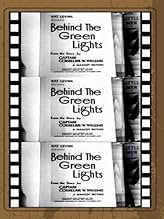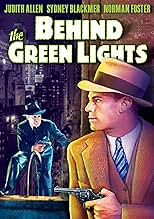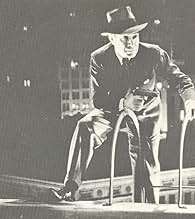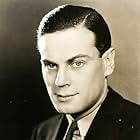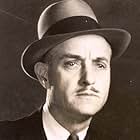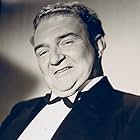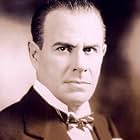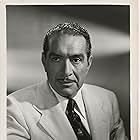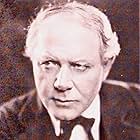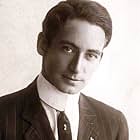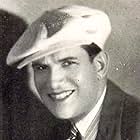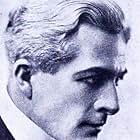That is probably true because they had better than poverty row talent working on the film both behind and in front of the camera. Norman Foster was a triple threat - writer, director, and actor - here he's an actor playing police detective David Britten who is up and coming in the police force. He's got a mentor and friend in Detective Lt. Jim Kennedy (Purnell Pratt). Kennedy's daughter and David's fiancée is Mary Kennedy (Judith Allen), who is a young attorney working in the prestigious law firm of criminal attorney Raymond Cortell (Sidney Blackmer).
This film has such an odd title that seems to have nothing to do with the subject matter because it is supposedly loosely based on the autobiography written in 1931 of a New York City cop who was on the force from 1900-1925. That would have to be very loose, because the film is really all about the conflict set up when Mary Kennedy begins to cleverly get acquittals for the criminals that her fiancé works so cleverly to arrest. It starts with the acquittal of minor offenders, but then works up to the point where Mary manages to get a murder suspect released. Mary believes her clients are innocent, and that with her and the court system it is just brain versus brain, trick versus trick. However, her boss Raymond Cortell does not care if the client is innocent or guilty, he is purely after the money. And - not so subtly - also seems to be after Mary too by trying to alienate her from fiancé David.
Directed by Christy Cabanne, and with a good quick pace to it and good acting by most of the players, I'd recommend this one. It doesn't lag in spots or seem to lose its direction like so many of the poverty row films do.
One of the strangest things about this film - a bit of a feminist twist appears. All through the movie I kept thinking that David wants Mary to quit because - as so many of the men in these 1930's films say - "no wife of mine is going to work". Instead, Dave just wants her working for "the right kind of law firm" - one that cares about ethics. I've given away nothing by telling you this, since this is just something I noticed, not the climax of the film.

